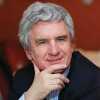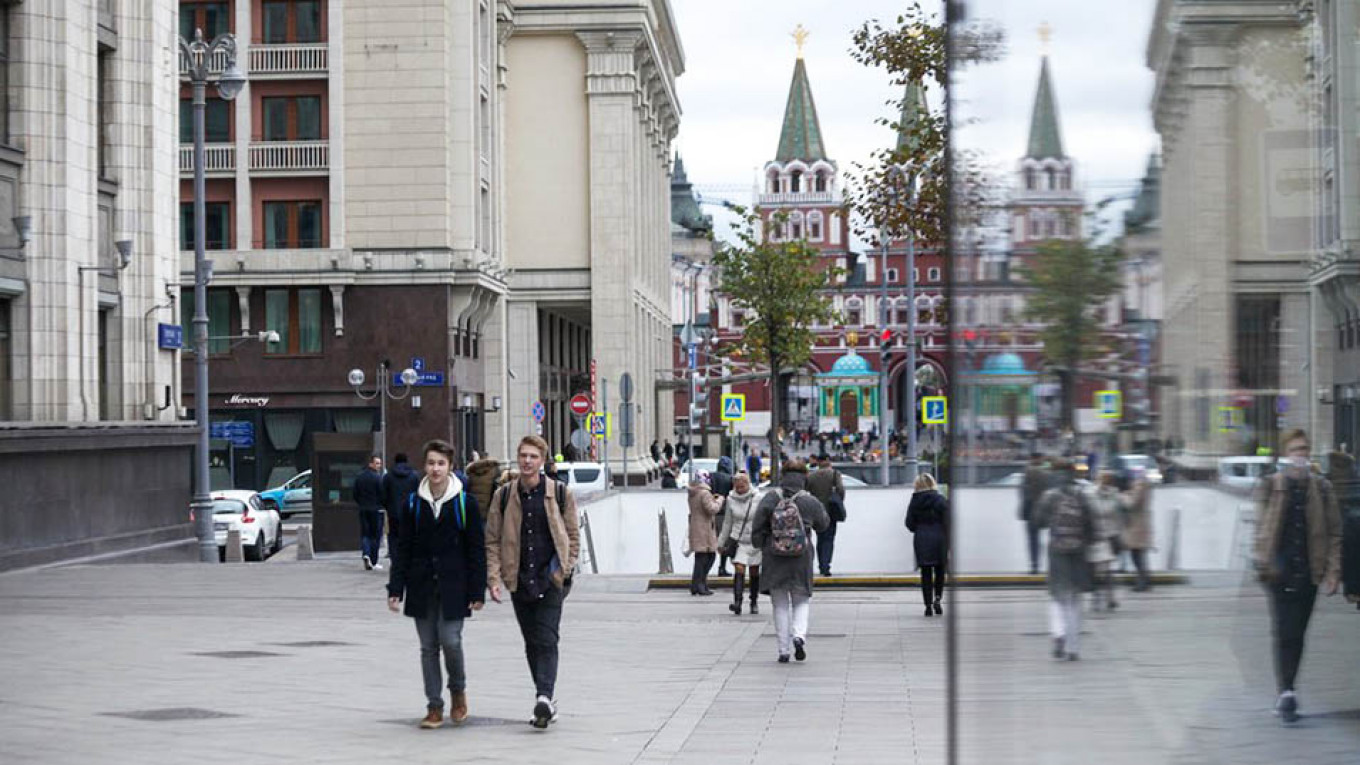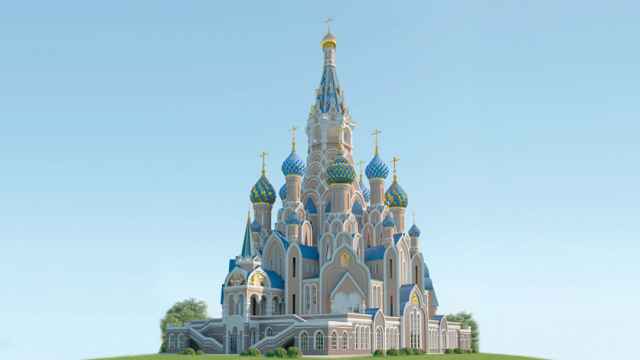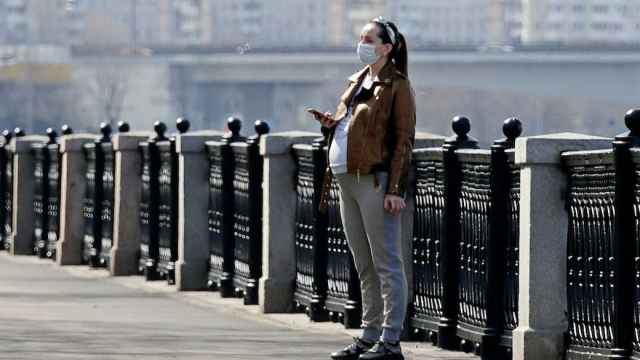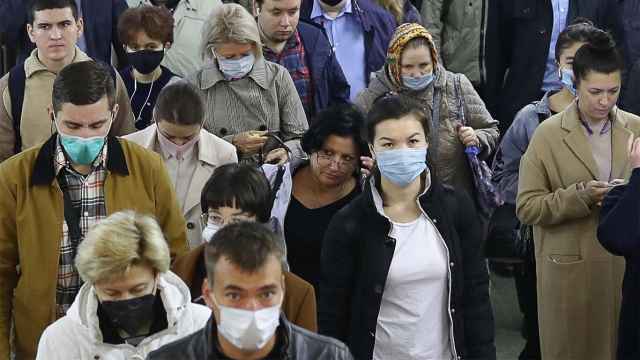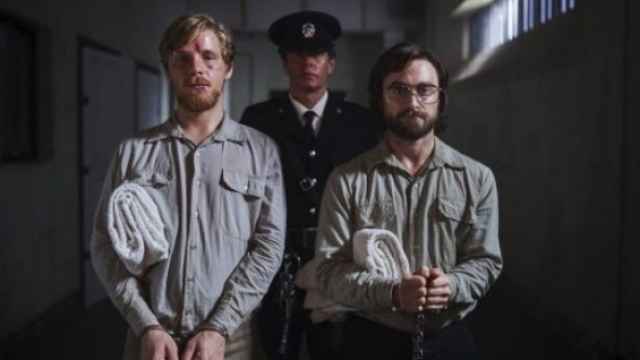It often happens that when giving directions or setting up a meeting point in Moscow, I seem to stumble. Then I pause for a second before remembering the correct name of the street so that my interlocutor understands which venue I have in mind. There are several streets that trigger this confusion, but the main one is Tverskaya. Somehow Tverskaya doesn’t flow easily: I still want to say Ulitsa Gorkogo, Gorky Street.
Gorky Street’s majesty will always be with me. The sumptuous avenue was Moscow’s main street for 70 years. In my school and student days, and long after, if anything exciting happened, it happened on Gorky Street. It was the most famous place in Moscow, lined with the most prestigious apartment buildings — check out the plaques bearing the names of the illustrious people who lived in them.
All of the grandest restaurants were on Gorky Street, places where you had to know someone, or be somebody, to get a table. Aragvi served the finest Georgian dishes, and Baku delicacies from Azerbaijan. But there were also the Moskovskoye, Kosmos and Sever cafes for young people to hang out in. Anyone who wanted to see or be seen would take a stroll down Gorky Street from Mayakovskaya Square — today Triumfalnaya — to the Manezh. We enjoyed this street.
In the 1970s Gorky Street came to be overshadowed by its rival Kalininskiy Avenue — now Novoarbatskiy — but it never completely lost its luster. Gorky Street was a symbol, like New York’s Fifth Avenue.
Even today, the architecture of the street and the atmosphere it exudes suit the name Gorky better than its current title. Tverskaya evokes Pushkin’s era. And that was 200 years ago.
But in the 1990s it was decided that Moscow’s loveliest street could no longer be named after Maxim Gorky.
It wasn’t that the writer’s work fell out of favor, or that his politics came under question. Gorky had never been a terrorist or a Bolshevik leader like some of the other dignitaries immortalized across the Soviet capital. In fact, he had objected strongly to the cruel policies launched in 1917, and in the 1920s was reluctant to leave Sorrento and Capri for Moscow. Stalin managed to lure him back, and as a welcome gift named the famous street while Gorky was still alive.
Gorky Street became Tverskaya Street because, when capitalism returned, a municipal decree was issued declaring that all streets inside Moscow’s Garden Ring would revert to their pre-revolutionary names. The city lost some very exotic street names that had been bestowed to honor foreign communist leaders — like Gheorghiu-Dej of Romania, Walter Ulbricht of East Germany and Klement Gottwald of Czechoslovakia — along with Gorky, Chekhov, Stanislavsky, Pushkin and Tchaikovsky
Imagine a New Yorker being forced to switch from Broadway to William Faulkner Avenue, then decades later going back to Broadway again. That’s what happened in Moscow, and it affected the way several generations saw their city.
I remember well how our grandmothers and grandfathers, born before 1917, loved to use the pre-revolutionary names for Moscow’s main streets in their conversations, or to refer to grocery stores, bakeries and pharmacies by the names of their former owners. It was comforting for them in the face of the enormous upheaval their society was undergoing.
To me, back then, their persistence seemed odd and silly against the backdrop of a Sovietized city. Now I understand them. I dare not say Ulitsa Gorkogo, or Metrostroevskaya, or Kachalova, or Alexei Tolstogo, to name but a few, for fear of not being understood.
We have come full circle.
A Message from The Moscow Times:
Dear readers,
We are facing unprecedented challenges. Russia's Prosecutor General's Office has designated The Moscow Times as an "undesirable" organization, criminalizing our work and putting our staff at risk of prosecution. This follows our earlier unjust labeling as a "foreign agent."
These actions are direct attempts to silence independent journalism in Russia. The authorities claim our work "discredits the decisions of the Russian leadership." We see things differently: we strive to provide accurate, unbiased reporting on Russia.
We, the journalists of The Moscow Times, refuse to be silenced. But to continue our work, we need your help.
Your support, no matter how small, makes a world of difference. If you can, please support us monthly starting from just $2. It's quick to set up, and every contribution makes a significant impact.
By supporting The Moscow Times, you're defending open, independent journalism in the face of repression. Thank you for standing with us.
Remind me later.

